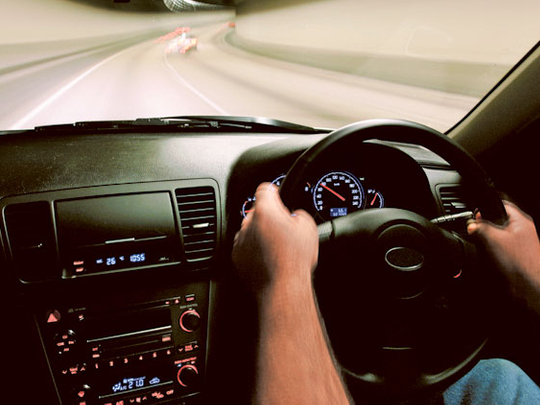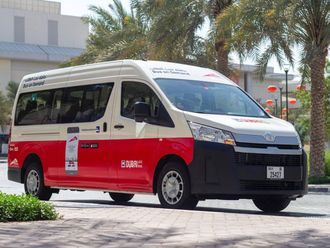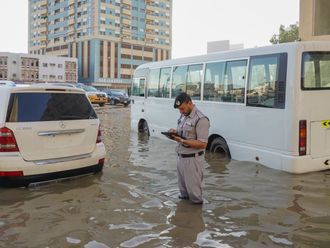
Dubai: Two reported cases of cruise control malfunction on UAE highways in less than six months have brought the issue of vehicle safety into focus leading the Emirates Standardisation and Metrology Authority (ESMA) to take action.
The most recent incident happened on August 11 when an Emirati youngster, driving a 4x4 on Emirates road to Ras Al Khaimah from Dubai, suddenly realised the cruise control system was stuck as he drove at 120kmph.
And in February, another vehicle driven by an Emirati youngster, on the Abu Dhabi-Al Ain road, got stuck in cruise control at 160kmph.
In both cases, police chased down the cars and got the drivers safely out of their vehicles.
Now ESMA has taken note of the life-threatening incidents, and is waiting for the technical reports on the car’s safety system from the Ministry of Interior as well as the dealer, to take action.
“We are looking at the overall picture and trying to find out why this has happened twice in such a short period. A team from the Ministry of Interior is making a technical evaluation of the car, once we have their report it will be clear where the problem is, ” said Mohammad Saleh Badri, Director General of ESMA.
And Badri has called for a review of the GCC vehicle safety standards, which all vehicles entering UAE need to comply with.
Taking up the issue, ESMA has scheduled a meeting with the Japanese Automobile Manufacturers Association (JAMA) at the end of this month.
“We are meeting with Jama and this is one of the issues we will discuss, besides discussing overall safety features of vehicles coming into the UAE,” informed Badri.
ESMA is also coordinating with other GCC countries to probe similar incidents and investigate the causes.
“Once we have the technical reports, details of other such incidents and data from other GCC countries, we will be able to ascertain whether we need to revise the current safety standards,” added Badri.
Badri said that the authority is working closely with the Ministry of Interior and Ministry of Economy on the issue and investigations are being carried out to ascertain whether there is any need of a recall for any car model.
“The investigations are mainly technical. We are looking at different aspects like the design problem, the system and other areas to see whether the issue is specific to one model or there is a larger concern,” Badri stated, hinting at a possible recall.
He said the government wants answers fast but due to constraints, the entire procedure might take a couple of months to complete.
Currently, GCC vehicle standards have more than 100 regulations specific to each and every part of the vehicle and the compliance is usually checked before the shipment by the GCC officials.
Badri insisted that the standards currently in place are more than adequate and are of the best in the world, however if there is a need for revision it will be done following consultations with the other GCC countries.
“Every region has a different approach to safety, but the rules are generally the same. At GCC we have taken the best of all rules and adapted to our conditions and environment. We constantly look to improve our safety standards and if need to, we might revise the standards soon,” explained Badri.










